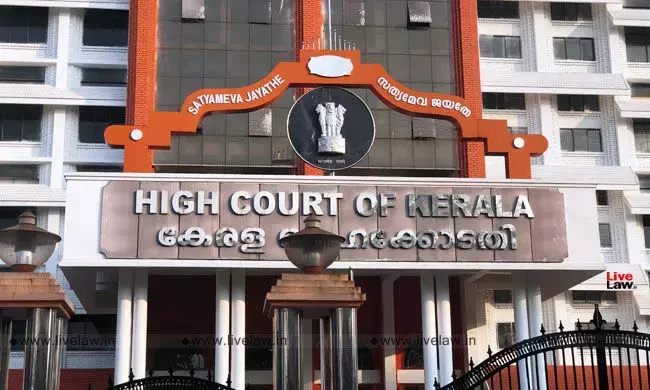Religious & Charitable Organizations Encroach Upon Govt Land, Dominate Its Will, Injure Democracy: Kerala High Court Orders Action
Navya Benny
27 Oct 2022 5:07 PM IST

Court recommended State to enact law for periodical survey to find out encroachments.
Next Story


